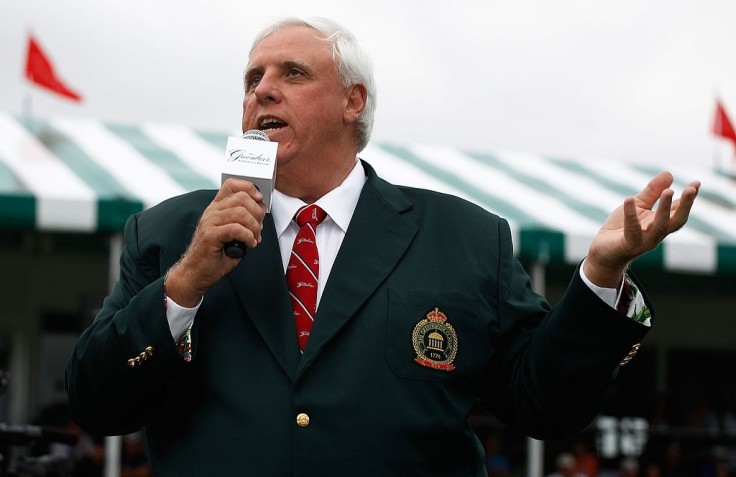
Governor Jim Justice announced a significant development for West Virginia, as the state successfully avoided a clawback of $465 million in COVID-19 funding from the federal government.
This decision has eased concerns previously raised by state lawmakers during the final days of the March legislative session.
The governor, representing the Republican Party, expressed in a statement that federal authorities have granted a waiver for this funding, which constitutes a portion of the over billion-dollar federal aid received by the state to aid student support during the ongoing COVID-19 pandemic.
West Virginia Secures $465M COVID-19 Education Funds
The U.S. Department of Education (USED) has approved West Virginia's request for a Maintenance of Effort (MOE) waiver regarding federal Elementary and Secondary Emergency Relief (ESSER) funds.
Governor Jim Justice and Superintendent of Schools Michele L. Blatt received official confirmation of this approval late this week.
To access the funding, West Virginia was required to maintain or increase its education funding levels compared to pre-pandemic times.
This condition stipulated that the federal funds should supplement existing state investments in education rather than serve as a replacement.
In prior years, such as 2020 and 2021, this requirement translated into a one-to-one match with federal spending.
However, for the years 2022 and 2023, the federal government evaluated each state's education expenditure as a percentage of its overall budget.
West Virginia received waivers for these regulations in 2022. However, as the state legislature finalized the budget in March, there was no approval for a waiver in 2023.
This development disrupted the state's budget process and created uncertainty, leading lawmakers to consider passing a streamlined budget and reconvening later to address pending matters in May.
Governor Justice expressed confidence in resolving this issue through negotiations with federal authorities.
He pointed to ongoing investments in school services and teacher salaries since 2018, a period marked by strikes by school employees over school conditions.
Ensuring Support for Children With the Approved Funds
He commended the federal government's decision on Friday, expressing no doubts about the approval of the waiver.
"This announcement came as no surprise and was never a real issue," remarked Justice.
He highlighted the state's allocation of funds towards infrastructure projects and educational resources, aimed at enhancing students' math and reading abilities.
Documents submitted to the federal government revealed an increase in per-pupil spending from $7,510 during Justice's inaugural year as governor in 2017 to $8,464 in 2024.
Despite an overall rise in state spending from $4.9 billion in 2017 to $6.2 billion in 2023, the proportion allocated to education decreased.
This reduction, particularly an 8% drop in the education sector's budget share from 51% in 2017 to 43% last year, drew attention from federal authorities.
Governor Justice underscored the state's ongoing commitment to education, citing the approval of $150 million for the state's School Building Authority in the forthcoming fiscal year's budget, starting in July.
Furthermore, Laura Jimenez, the Director of the Office of State and Grantee Relations at USED, noted in the approval letter that the supplemental appropriations exceed the FY 2023 MOE gaps for both elementary and secondary as well as higher education. She expressed gratitude for West Virginia's consistent dedication to education.
Superintendent Blatt expressed satisfaction with USED's recognition of West Virginia's support for public education and ongoing efforts to enhance student learning and success.
She highlighted initiatives such as teacher salary improvements, support for early learning classrooms, foster care programs, and post-secondary education priorities, all aimed at providing students with a strong educational foundation.